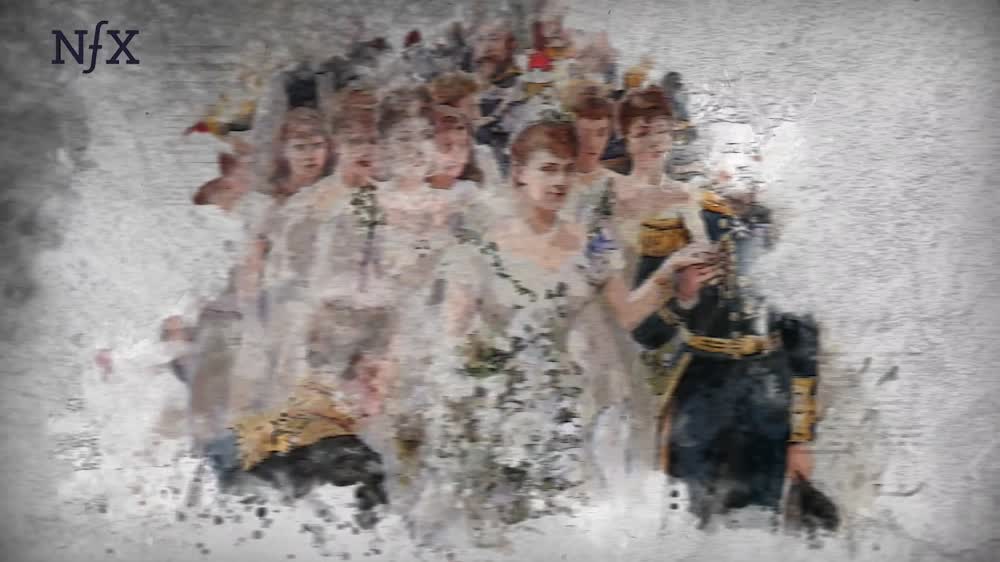Director(s):
Written by James Currier
James is a General Partner at NFX, a seed-stage venture firm headquartered in San Francisco.
In all the discussion about the creator economy, we feel there’s a broader historical context missing.
In every era, technology favors some creative skills over others with huge quantities of money, while other creative skills bring the creator little or zero money.
The paradox is that most creatives will create for free. We would do it regardless of money because creative endeavors are ecstatic experiences that feel inherently good to do, that get us love and admiration, that let us feel alive.
But if you want some money for your creative acts, it pays to understand the fundamental relationship between creativity, technology timing, and money. If you don’t, you’re destined to feel bewildered and frustrated that your creative skill isn’t being showered with lots of money, recognition, and status while other people’s skills are.
You also have to internalize that the economics of creativity is on a very steep power law. Always has been, and always will be, regardless of technology or geography. The #1 performer can receive 100X the #50 performer
Don’t Be Pissed
I originally started thinking about this when I read an angry editorial about Bebo by the recording artist Billy Bragg in 2006. He was calling for Michael Birch, the creative genius behind Bebo, to share some of his earnings from the sale of Bebo with the musicians who put their music and videos up on Bebo’s site and contributed to Bebo’s popularity.
It occurred to me that Bragg felt wronged because he didn’t understand that a technology shift had taken place.
His creative skill of recording music was no longer over-compensated. He had moved far up the power-law playing the old game and had made a lot of money and fame. But the game had changed on him and he didn’t like his new relative position.
The new creative talent which was being rewarded at that time was inventing great user experiences on computer screens — something Michael Birch would probably do for free, given that it was fun, inherently fulfilling to do for him, and reached millions of people. Unlike Bragg, Birch’s particular bundle of creative talents happened to fit with the economics of creativity of his time.
Let’s look at a few more examples of how this has worked over several technology cycles.
Read the full article herehttps://www.nfx.com/post/economics-of-creativity/- Beautiful
- Informative
- Ingenious







